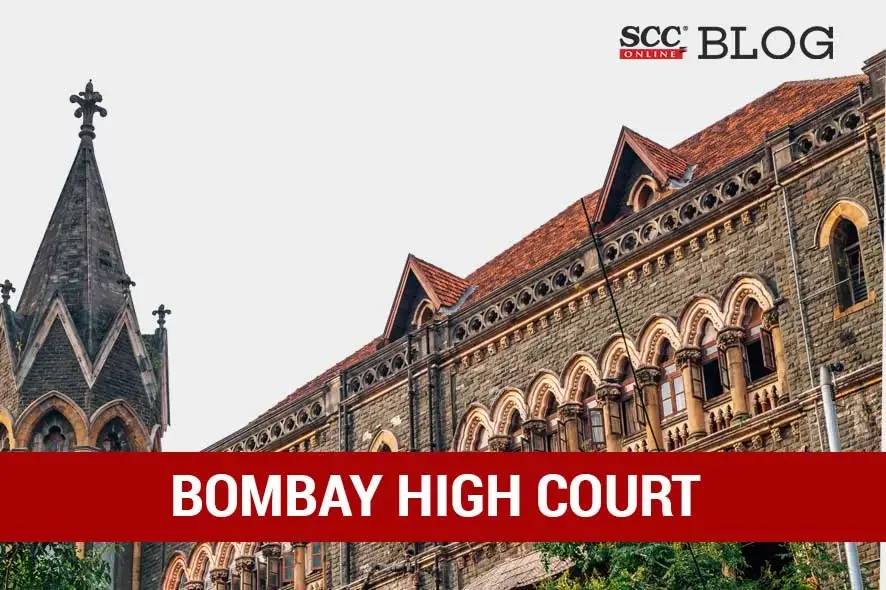Bombay High Court: In an application filed by the applicant seeking to quashing FIR registered at Umred Police Station, Nagpur Rural for the offences punishable under Sections 294 and 34 of the Penal Code, 1860, Sections 110, 131-A,
A piece of secret information was received by the Police Sub-Inspector that an obscene dance was being performed at a Banquet Hall in Tiger Paradise Resort and Water Park, Tirkhura. The secret information revealed that the audience, who were watching the scantily dressed women performing an obscene dance, were showering dummy currency notes on these women. Based upon the secret information, Police Officials raided the said Banquet Hall and thereafter, lodged FIR revealing that three bottles of foreign liquor were found with an accused at Serial 12 in FIR apart from Disc Jockey (DJ) Music System, an Audio System, Sound Level System, Laptops and other equipment along with the dummy notes.
The application was filed on the grounds that the specific ingredients of Section 294 of the IPC have not been made out on a plain reading of the FIR, in that there is no reference in the facts that any person or the complainant experienced a sense of annoyance by witnessing the dancing girls, the dance performance was within a Banquet Hall of a Resort, which was neither in a public place nor open to public view for any member of the public to feel a sense of annoyance, merely because a Police Officer, in his opinion, feels these women were scantily dressed or dancing with movements which he felt were obscene, an offence cannot be said to be made out under that provision of the IPC and the offences under Sections 110, 131A, 33A, 112 and 117 of the Police Act and under Section 65(e) of the Prohibition Act, have also not been made out without any specific material found by the police.
The Court noted that from a plain reading of the provision of Section 294 and there being no allegation against any of the applicants that they have indulged in any obscene act nor there being any specific statement in the FIR qua the Applicants of obscenity or any act of the like nature, no offence could be said to be made out on the face of the FIR. However, the only allegation of an action being an obscene act, is the act of the Accused 13 to 18, who are alleged to have dressed in short skirts and were dancing in a provocative manner. Thus, there is no allegation of similar nature with respect to the five applicants, to bring them within the offence under Section 294 of IPC.
The Court further noted that the acts of the accused 13 to 18 wearing short skirts, dancing provocatively or making gestures that the police officials consider obscene cannot be termed to be per se obscene acts, which could cause annoyance to any member of the public. However, the Court remarked that it is mindful of the general norms of morality prevalent in present Indian Society and further noted that in present times it is quite common and acceptable that women may be clad in swimming costumes or such other revealing attire.
The Court concluded that the manner of dressing in films passes censorship or at beauty pageants held in broad public view, does not cause annoyance to any audience. Surely the provisions of Section 294 of IPC would not apply to all the situations and thus, the Court cannot countenance a situation where acts such as the ones referred to in the FIR would be judged by a Police Officer, who in his personal opinion considers them to be obscene acts to cause annoyance to any member of the public. Taking a narrow view as to what acts could constitute an obscenity would be a retrograde act, on the part of the Court. Thus, taking a progressive view in the matter, the Court finds it unwilling to leave such a decision in the hands of Police Officials.
The Court held that there is no material in the FIR/complaint impugned in the application on the basis of which the offences under Sections 294 and 34 of Penal Code, 1860, Sections 110, 131-A,
[Lalit v State of Maharashtra, 2023 SCC OnLine Bom 2191, decided on 11-10-2023]
Advocates who appeared in this case :
Mr A. A. Naik, Advocate for Applicants.
Mr S. S. Doifode, Addl. P. P. for Non-Applicant/State.









